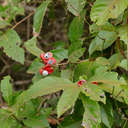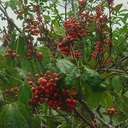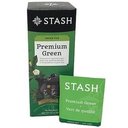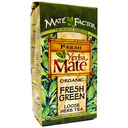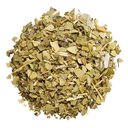Brazil
Wikipedia: Brazil | Official Government Website: www.brasil.gov.br/?set_language=enUpdated: Dec. 6, 2016
About Brazil
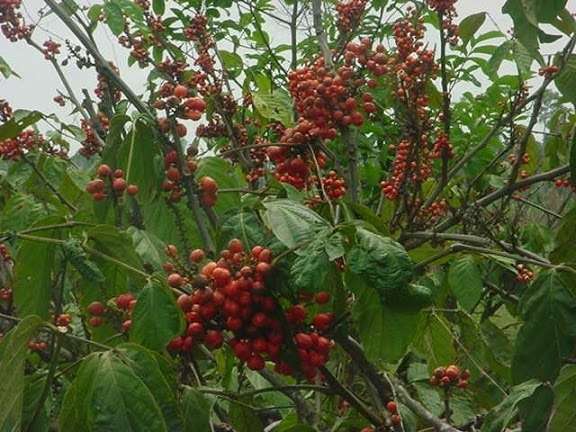 Guarana, pictured here, is a caffeinated plant native to Brazil and grown there. Photo © AnitaFortis (Wikimedia Commons), CC BY-SA 3.0.
Guarana, pictured here, is a caffeinated plant native to Brazil and grown there. Photo © AnitaFortis (Wikimedia Commons), CC BY-SA 3.0.Brazil grows a small amount of tea, including in a garden owned by Yamamotoyama that grows Japanese-style green tea, which supplies Stash tea, a brand owned by Yamamotoyama. Brazil is also an important source of a number of plants used in herbal teas, such as Lapacho. Brazil is also the origin of Yerba Maté, one of the few caffeine-containing plants other than tea and coffee, and a popular caffeinated tea-like drink.
Perhaps more importantly, Brazil is a vast reservoir of biodiversity, including a myriad of plants with potential uses in medicine, food, and undoubtedly herbal tea, many of which have not even been discovered or documented yet.
Styles of Tea Produced in Brazil
This is a selection, not an exhaustive listing, of the styles of tea most commonly produced in Brazil.
Best Brazilian Teas
The notion of the "best" Brazilian teas is subjective, because different people have different tastes. We present the most often-rated and highest-rated teas produced in Brazil, and allow you to draw your own conclusions.
Most Often-Rated Teas
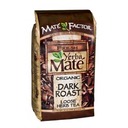
Loose Dark Roast Organic Yerba Mate
| Brand: | Mate Factor |
| Style: | Yerba Maté |
| Caffeine: | Caffeinated |
| Leaf: | Loose |
2 Ratings
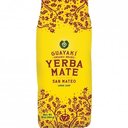
San Mateo Air Dried Loose Yerba Mate
| Brand: | Guayaki |
| Style: | Yerba Maté |
| Caffeine: | Caffeinated |
| Leaf: | Loose |
2 Ratings



